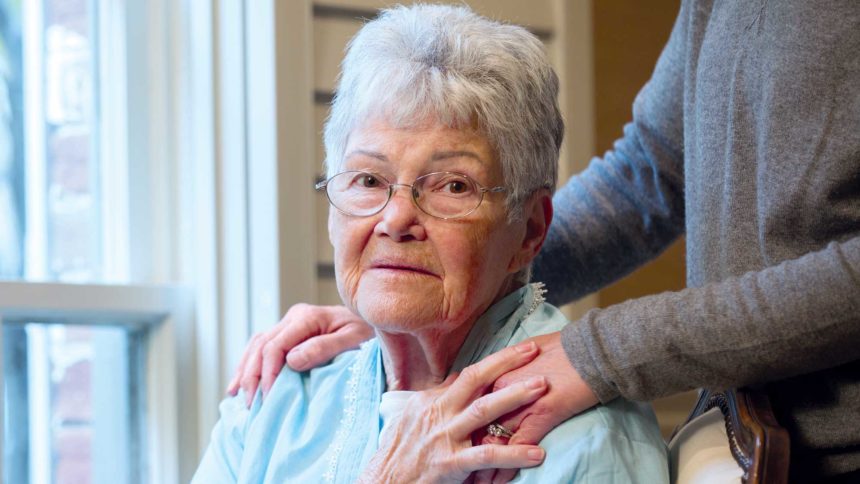
A new study shows how a caregiver intervention program reduced mistreatment by caregivers of older adults with chronic health conditions including dementia.
In the study, a team of researchers trained 80 caregivers on the Comprehensive Older Adult and Caregiver Help (COACH) method. COACH enables caregivers to give high-quality care while mitigating any impacts of caregiving that may lead them to be abusive. It also empowers caregivers to be on alert against elder mistreatment from other parties.
A bachelor’s level coach was trained on the method, and then met with a caregiver for anywhere from three to 12 phone sessions. Caregivers who took part in the training had a mean age of 61.3, and 76.3% were female. Of the caregivers, 40 met with a coach (the treatment group) and 40 did not (the control group) at the start of the study.
All of the older adults in the study (who the caregivers cared for) were 65 and older. People in hospice, who lived in nursing care facilities or those who were homeless were not included. Caregivers couldn’t live more than 50 miles away from the care recipient to be included in the study.
During their first session, the coach and caregiver examined their strengths and areas for growth, looking at a caregiver survey. Then the coach and caregiver moved forward with a plan of topics for their sessions. Caregivers in both groups received a toolkit, but only the treatment group participated in one-on-one sessions as well.
By the end of the study, a total of 64 caregivers were enrolled. Then the researchers followed up three months after that to see what was going on in terms of elder mistreatment.
Before the intervention began, 22.5% of the caregivers in the treatment group reported mistreatment in their relationship existed, which dropped to 0% at the end of the study. In the control group, 15.4% of the caregivers reported mistreatment at the start of the study; that went to 23.1% at the end of the study.
“Although risk factors for and precursors of elder mistreatment are still somewhat unclear, the COACH intervention was developed on the assumption that caregiver support offers a promising path to prevent elder mistreatment against care recipients by helping caregivers manage the stressful and emotionally taxing activities that the role often requires,” the authors said.




